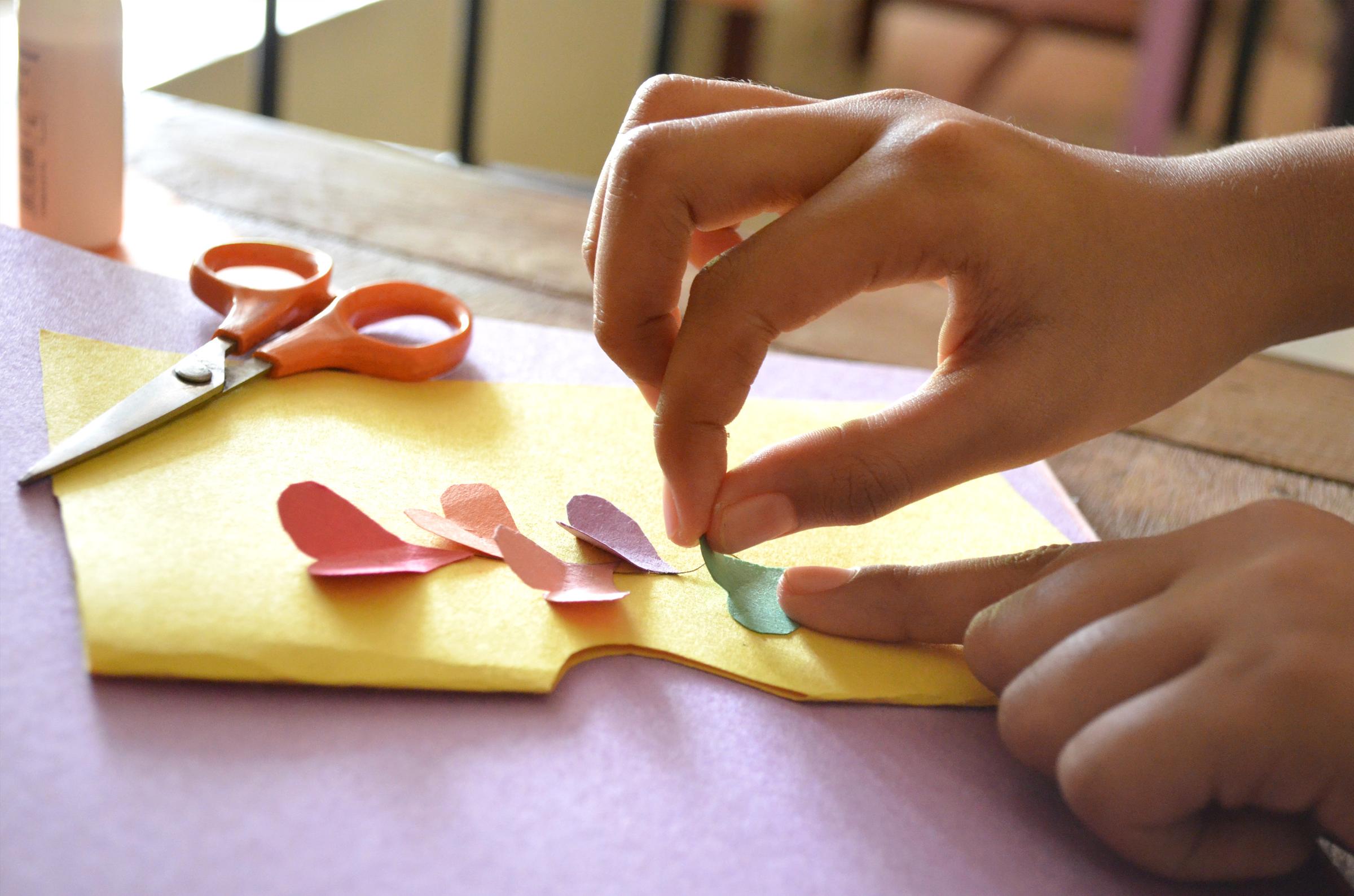Social Worker

Referral Form
Regulating Emotions
On Tuesday night, I went to a parenting workshop on Systems, Routines and Discipline. The workshop was presented by Claire Orange who is the resident parenting expert on Channel 9 and 6PR. She is an experienced therapist, author, speaker and mother to four boys. She has written a Social and Emotional Learning Program called, Highway Heroes, that is now being used in schools worldwide. There are many resources and lots of information on her website Best Programs 4 Kids https://bestprograms4kids.com
There was far too much information in the presentation to include here in the newsletter but over the next couple of weeks I will pull out some of the really important stuff to pass on to you. The first topic and the foundation of effective parenting strategies and techniques is Emotional Regulation. Understanding what happens in our brains can go a long way to starting to control big emotions and kids love learning about this process.
The ultimate goal of all parenting is to teach your child’s brain to regulate emotions and attention. This will help your child to cope with many situations and build their resilience. Be aware that this process takes a long time and millions of practices to master and reach maturity - 25 years for girls and nearly 30 years for boys! The two parts of the brain involved in this process, which is often called toggling, are the pre-frontal cortex and amygdala.
Here is how I explain it to kids:
The brain is made up of several parts but today we will just be talking about two parts. We are going to be talking about the UPSTAIRS BRAIN (or our thinking brain) which is also called the pre-frontal cortex and the DOWNSTAIRS brain (or our feeling brain) which is also called the amygdala.
The DOWNSTAIRS BRAIN lets us know when we are in danger and protects us with the flight, fight and freeze reactions. The amygdala allows us to feel big emotions.
The UPSTAIRS BRAIN allows us to think things through properly and make good decisions. It works with the DOWNSTAIRS BRAIN to make good decisions about big emotions and what to do to keep ourselves safe. It is in charge of our executive functioning.
Our brains work best when UPSTAIRS and DOWNSTAIRS work together. Imagine that the stairs connecting UPSTAIRS and DOWNSTAIRS are very busy with characters carrying messages up and down to each other. This is how we make good choices, make friends and get along with other people, come up with exciting games to play, calm ourselves down and get ourselves out of tricky situations.
Sometimes the DOWNSTAIRS BRAIN thinks it spots some danger, panics and before we know it, has sounded the alarm telling your body to be prepared for danger – flight, fight or freeze. The DOWNSTAIRS BRAIN takes over and ‘flips the lids on the UPSTAIRS BRAIN. This means that the stairs connecting are no longer working and the brains are not working together to make good decisions. Hey presto we have a meltdown! This tends to happen more when we are tired or someone presses our emotional buttons. Now the trick is to bring that lid back down and reconnect the brains (or toggle) and start to lay down the foundations for regulating emotions and attention. This is where we can use some calming techniques, for example, bubble breathing and mindfulness.
Obviously, there is a lot more neuroscience involved and this is a basic explanation. If you want to know more about toggling and regulating emotions I would recommend reading (or Googling) some of Dan Siegel’s work.
Some things to remember are:
- We cannot parent if we are overwhelmed or stressed.
- We need to bring the calm not the chaos!
- Parenting is a marathon not a sprint. We are in it for the long haul and it takes lots of practice for us and our kids.
- Shouting does not work. You cannot calm a pre-frontal cortex by yelling.
There was a lot more to the workshop on Tuesday and I will send out some more information next week. I would highly recommend attending any of the Best Programs 4 Kids workshops. Information can be found on their website.
If you have any questions or would like to know more, please contact me on juliet.lennon@cewa.edu.au
Juliet Lennon
Social Worker
